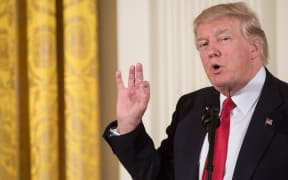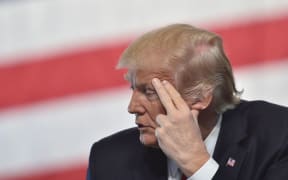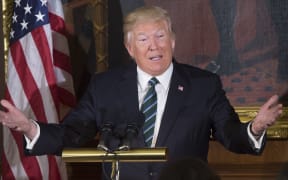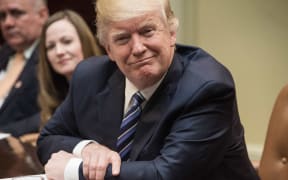A US appeals court has refused to reinstate US President Donald Trump's temporary travel ban on people from six Muslim-majority nations, potentially pushing the case to the Supreme Court.
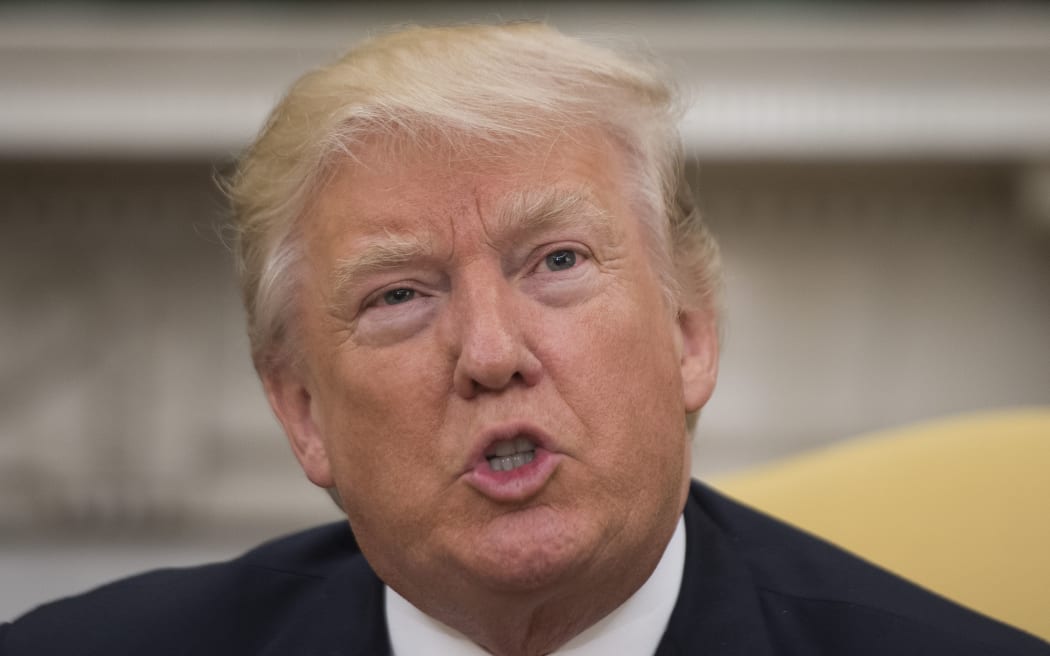
The move is a stinging blow for US President Donald Trump's administration. Photo: AFP
The order barred people from Iran, Libya, Somalia, Sudan, Syria and Yemen from entering the US for 90 days while the government put in place stricter visa screening.
In its 10-3 ruling, the US 4th Circuit Court of Appeals said challengers of the ban, including refugee groups and individuals, were likely to succeed on their claim that the order violates the US Constitution's bar against favoring one religion over another.
The decision by Chief Judge Roger Gregory described Mr Trump's executive order in forceful terms, saying it used "vague words of national security, but in context drips with religious intolerance, animus, and discrimination".
He cited statements by Mr Trump during the 2016 presidential election calling for a "Muslim ban", and wrote that a reasonable observer would likely conclude the order's "primary purpose is to exclude persons from the United States on the basis of their religious beliefs".
In a concurring opinion, Judge Stephanie Thacker also wrote the administration did nothing to distance itself from the first order, describing the revised ban as "the proverbial wolf in sheep's clothing".
The three dissenting votes came from Republican-backed judges.
The case could be appealed to the US Supreme Court for a final decision.
The government could also file an emergency application seeking to put the order into effect while the litigation continues.
The White House declined to comment and referred questions to the US Justice Department, which did not immediately respond.
The government had argued the court should not take into account Mr Trump's comments on the campaign trail since they occurred before he took office, but it said they provided a window into the motivations for Mr Trump's actions in government.
However, the court questioned a government argument that the president has wide authority to halt the entry of people to the United States.
"Congress granted the president broad power to deny entry to aliens, but that power is not absolute.
"It cannot go unchecked when, as here, the president wields it through an executive edict that stands to cause irreparable harm to individuals across this nation," the majority opinion said.
Mr Trump has lashed out at the judges and courts that have ruled against him, saying the 9th Circuit had a "terrible" record and calling its rulings on his policies "ridiculous".
Bans upon bans - Trump's executive order and the courts
The Virginia-based appeals court was reviewing a March ruling by Maryland-based federal judge Theodore Chuang that blocked part of Mr Trump's 6 March executive order.
The March ban was Mr Trump's second effort to implement travel restrictions through an executive order.
The first, issued on 27 January, led to chaos and protests at airports before it was blocked by courts.
The second order was intended to overcome the legal issues posed by the original ban, but it was blocked by judges before it could go into effect on 16 March.
Two other 4th Circuit judges, both appointed by Republicans, were recused from the case.
- Reuters

